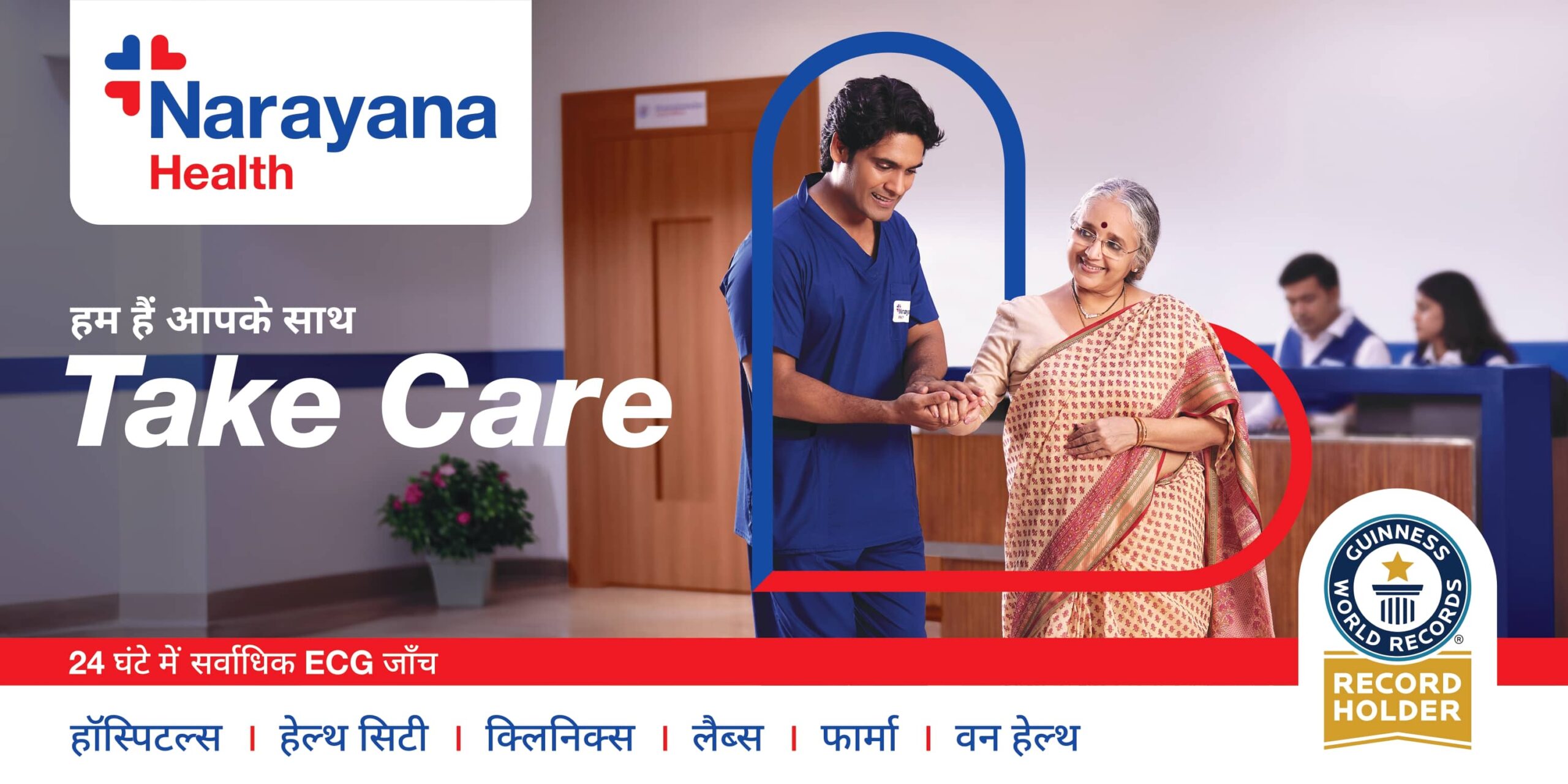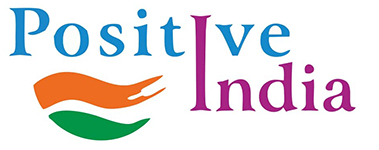
Positive India:Kanak Tiwari:
A very crucial and perplexing question is taking round among the intellectuals, writers, journalists and even the jurists. India has been praising its constitution as the more comprehensive, distributive in governance and liberal as also amenable to different sections of the society in comparison to any other constitutional text in any other democracy. It is an established fact that the constitutional provisions are not rooted in the Indian origin. They are mostly drawn for Europe, America and other such countries where the British dominance had had a proven history like in Australia, Canada and South Africa etc.

A great debate ensued for about a period of three years in the electively made Constituent Assembly. However, additional provisions were made for proportional representation to the feudals of diverse dispensation in the Assembly through their nominated representatives. Such nominated representatives were legal experts of different creed and colour and great supporters of the British legacy in particular having been taught and brought up mostly in native and foreign institutions of British education.

The constitution boastfully proclaims to keep a delicate balance between the stated limbs of the legislature, the executive and the judiciary. In the formative years of implementing the democratic setup a great visionary prime minister Jawaharlal Nehru ensured smooth functioning of all the three limbs although the balance then also tilted in favour of the executive from the very date of independence of the country. Even in the first year of his democratic rule Nehru made laws and interpreted in a manner that was provoked certain progressive leaders. In its very initial stage A.K. Gopalan of the Communist Party threw a constitutional challenge, even though not very successfully. As a consequence in the subsequent administration run by successive prime minsters scores of amendments were carried out to the advantage of the executive. It is true that the executive has an upper hand in the British jurisprudence. But the basic historical reason is that the parliament of England is composed of members of astute learning and would not misinterpret their traditional constitutional wisdom for petty local gains. The situation is converse in India.
It is a sad and sordid story that more than 50 percent of the law makers are criminals in the sense that they are facing some or the other criminal charge while remaining in the legislative bodies. Such law makers only elect the executive which is council of ministers both at the centre and in the states. It is very tragic to note that the executive in the country has gone berserk in the general estimate and perception of the people. The chief ministers at times are not every properly educated in constitutional and cultural sense. Their kith and kin and progenies indulge in public administration and unashamedly make foul money through corrupt methods. The people as voters feel helpless because they are involved in the process of sustaining the democracy barely once in 5 years during elections. The legislative working also does not sit in the proceedings faithfully and regularly. Therefore the executive composed of the council of ministers and duly assisted by the bureaucrats has become the sole custodian of governance.
The sound British principles have also evolved a theory that the judiciary should not indulge in policy formulations of the state made by the executive. It is due to a historical experience that in Great Britain there being no written constitution both the judges and the law makers are drawn from the same system who believed in interdependence of such institutions. In India the judges of the constitutional courts are appointed without any test regarding their qualification. They are promoted from the district judiciary or selected from amongst the practising lawyers in a certain high court. They have a lot of service protection. They cannot be suspended or transferred or even demoted. On the other hand the members of legislature are elected on popular mandate every 5 years on the basis of adult franchise. The political parties as extra constitutional authorities dominate the scene by constituting the council of ministers. At times the prime minster or the chief minster or may be other minsters are inducted in the cabinet initially even without having contested an election. In the net result the minsters in the country are virtually in the hit list of public annoyance as they enjoy much more authority and jurisdiction which was not constitutionally provided for. The concept of collective wisdom in the cabinet is a dead letter in its existence.
The present dispensation in the country in political administration hinges on a single leader who is the prime minster of the country. Despite a clear division of responsibilities in the constitution of India the subjects allotted to the states need not be interfered with by the central government but a concept of federalism or union of states has lost its democratic fragrance. Individual tendencies of the ministers and their party high command having taken charge the glory of the legislature as also of the judiciary is fast eroding.
Courtesy:Kanak Tiwari




